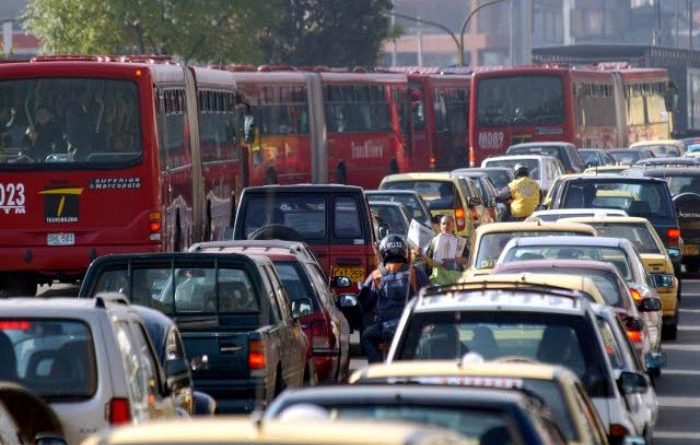Transportation in Paraguay is very different to what most people are used to back at home. In some regions it is adequate and passable, whereas in other it could be called incredibly poor. All standards in between are also found with Paraguay’s transportation systems.
There are airports, waterways, and road and rail networks, but in many areas the country lacks the required infrastructure. Lack of regulation also means that some transport options are not as safe as they could, or indeed should, be. Significant improvement is needed in Paraguay’s transport system. It is possible to move around the country, but be prepared for the possibility of longer journeys, delays, lesser quality vehicles, less comfortable vehicles and poor road conditions. Of course, you may find the opposite to be true for you, with the standards varying.
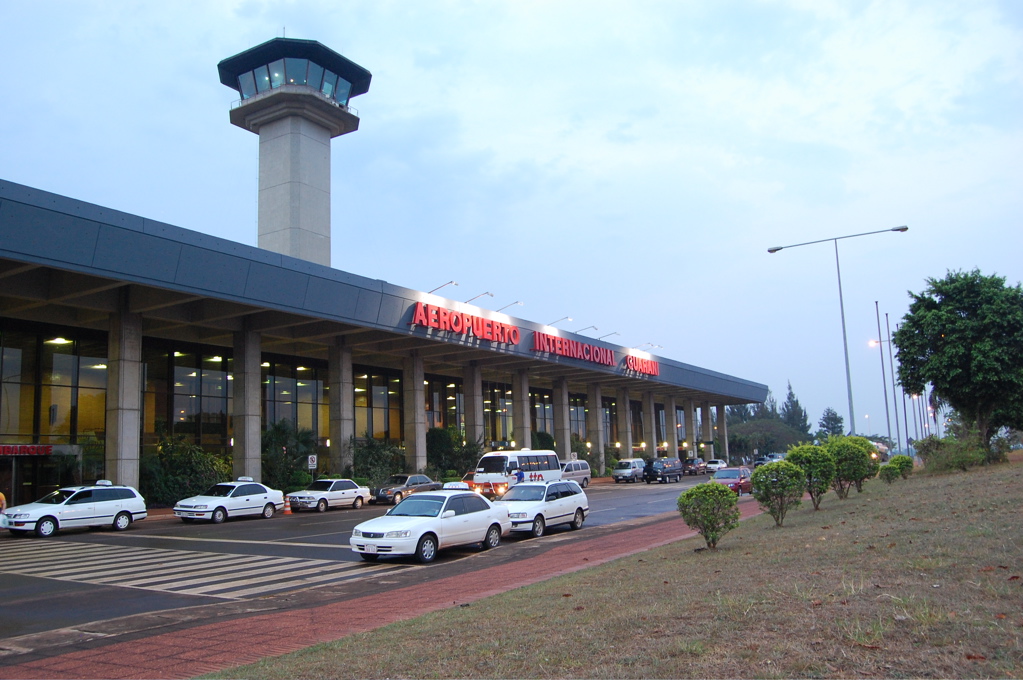
There are over 870 airports in Paraguay, but only a few are suitable for receiving traffic. Only 12 have paved runways. The main airport is Silvio Pettirossi in the capital city of Asuncion. Other important airports include Juan de Ayolas in Ayolas, Guarani International Airport in Ciudad del Este, Teniente Coronel Carmelo Peralta in Concepcion, Teniente Prim Alarcon in Encarnacion, Filadelfia Airport, Fuerte Olimpo, Itaipu in Hernandarias, La Victoria Airport, Dr. Luis Maria Argana International Airport in Mariscal Estigarribia, Dr. Augusto Roberto Fuster International Airport in Pedro Juan Caballero, Carlos Miguel Jimenez in Pilar, Dr. Juan Plate Airport in Puerto Vallemi, Salto del Guaira Airport, and Santa Teresa Airport.
Although Paraguay has no coastline, there are over 3,000 kilometers of internal waterways. Inland water transportation is mainly by river. The two main rivers in Paraguay are The Panama and The Paraguay. The main port is in Villeta, and there are other ports in San Antonio and Encarnacion. Boats are a common form of transport between Asuncion and the cities along the Paraguay River.
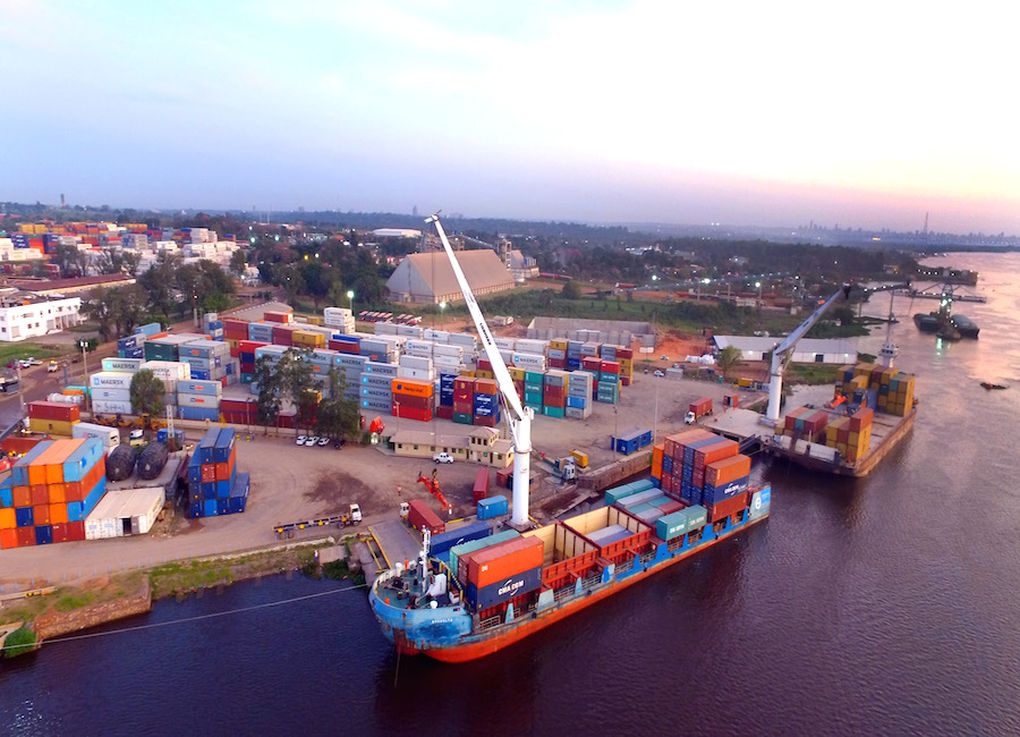
It is unsure as to how many kilometers of paved roads Paraguay has, with some sources saying in excess of 60,000 kilometers and others saying less than 30,000 kilometers. This is largely because of different standards of what a road actually is. There are many rural tracks that people may class as being roads. There are major roads connecting the major cities of Ascuncion, Encarnacion and Ciudad del Este. Roads linking Paraguay to the Argentinean capital of Buenos Aires are fairly decent.
There is only one rail company in Paraguay, which is owned by the government. Only small sections of the railway are open, and the useable sections mainly cater to foreign visitors. Inhabitants of Paraguay do not tend to travel by rail.
The main form of transport within Paraguay is buses. Ticket prices are generally fairly cheap, and the main services are typically relatively efficient. Buses will almost always stop during the journey to pick up other passengers or goods. Prices may be negotiable, especially if the bus is ready to leave and the driver wants to fill empty seats. A good tip for when taking long journeys is to stock up on anti motion sickness remedies, just in case.
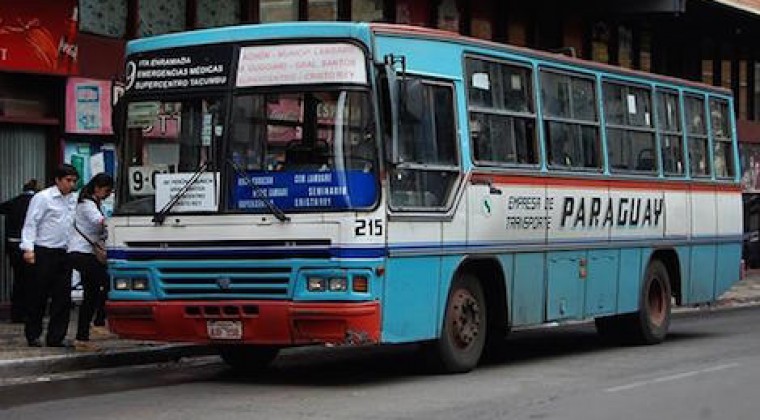
It is also possible to hire a rental car or motorbike to enjoy the flexibility of being able to fix your own schedule and go where you want when you want. Hire cars can be pricey. You are also able to hire taxis, although this would obviously be a more expensive option. Most taxi journeys use a metre, and there are surcharges for certain times of the day and on Sundays.
Prices are also more on holiday days. These surcharges are legal, although you should try and only use a taxi where the driver runs the metre, to avoid paying ridiculously over-inflated prices. There may be language barriers with taxi drivers, as English is not widely spoken, so this can make taking a taxi a bit less convenient.
In some towns and cities you may find bicycles to rent, as a way to travel shorter distances and to facilitate your sight-seeing. Enquire at hotels and guest houses as to if they have any bicycles to rent. It is recommended to always wear a crash helmet, and if possible clothes that are fairly highly visible. Lock your bike when possible and avoid putting any bags or valuable items in the front basket, where, in any country, they can be an easy and tempting target for thieves.
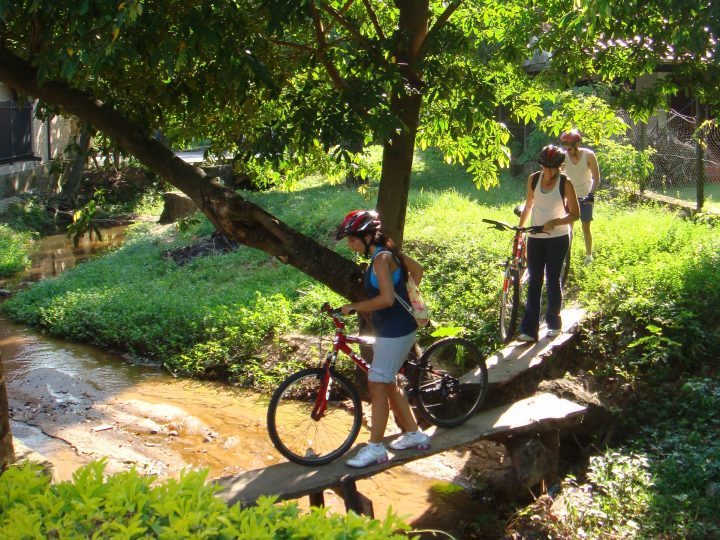
Whilst Paraguay may not have the world’s best transportation systems, and lack of infrastructure may at times leave you feeling bewildered, frustrated and plain infuriated, a little bit of patience can go a long way towards helping you to enjoy this interesting country.

